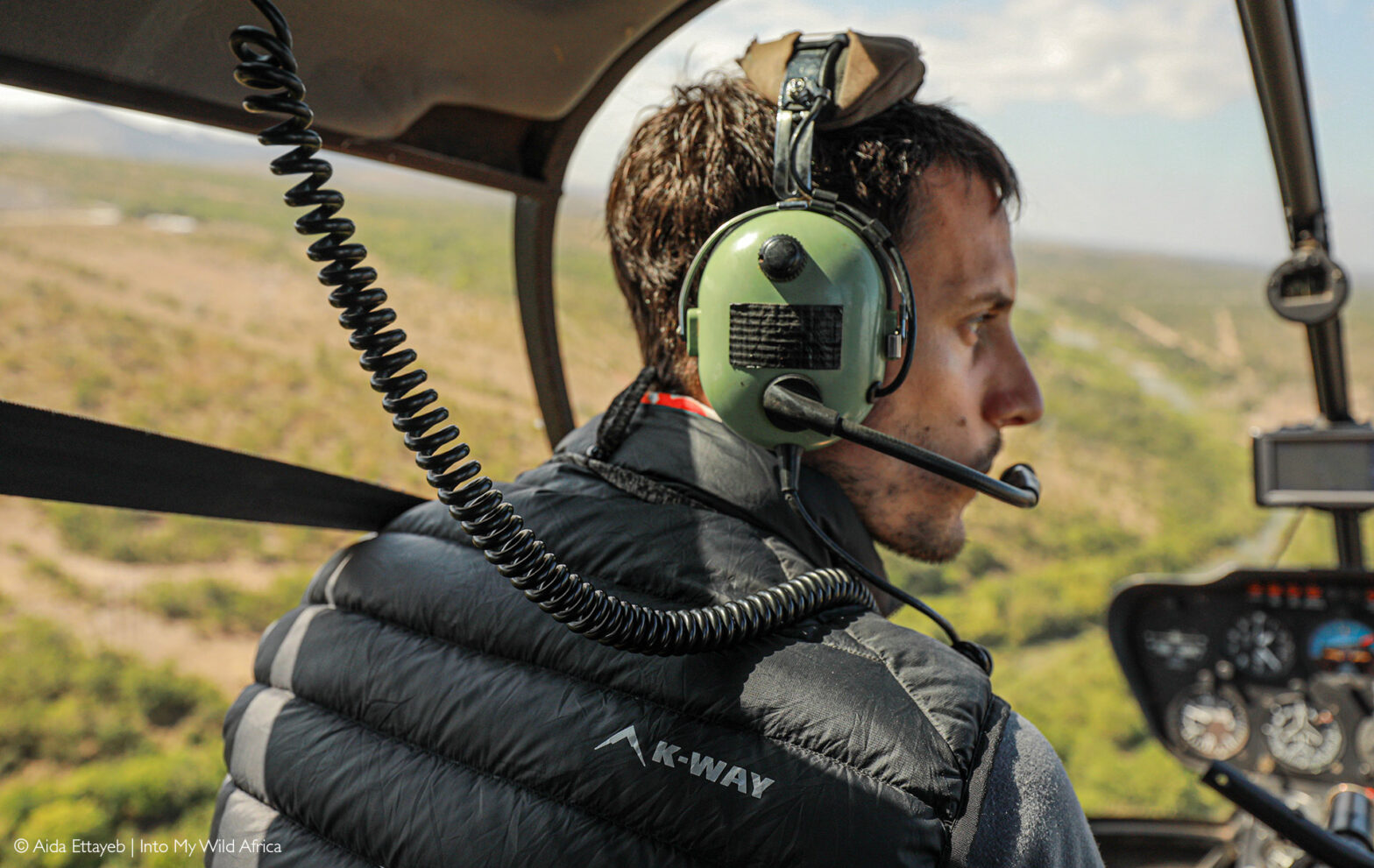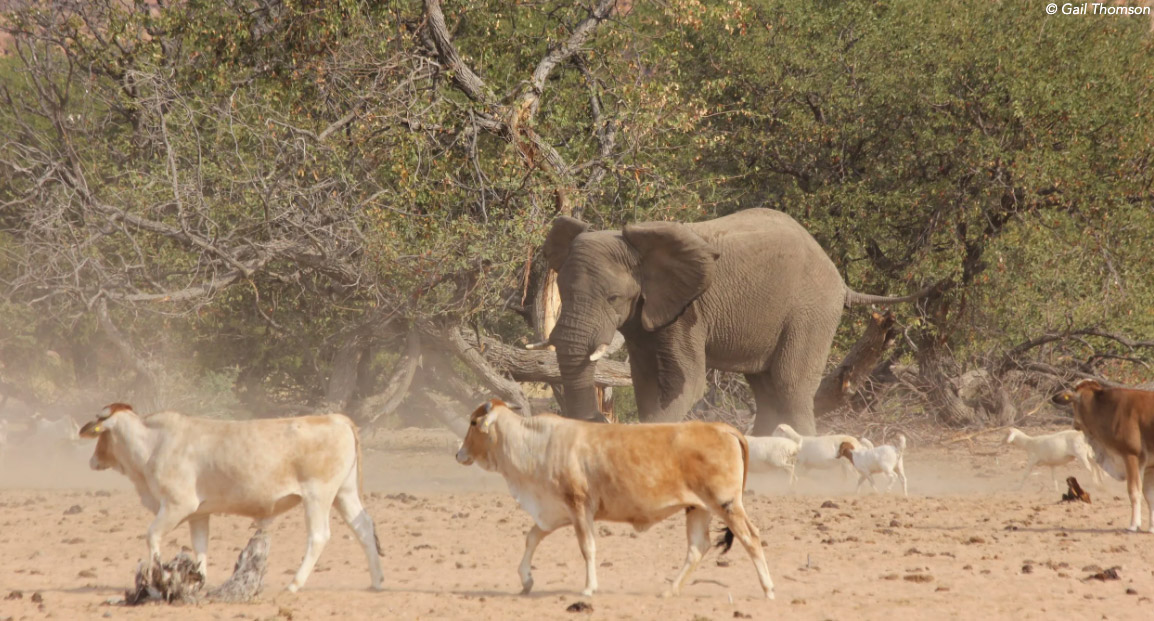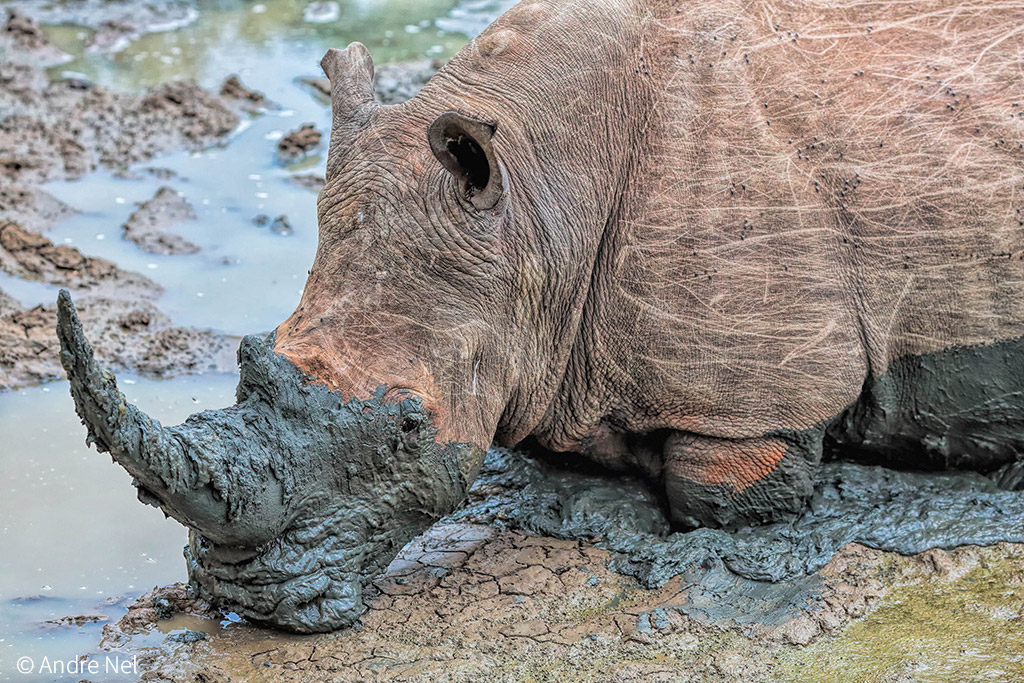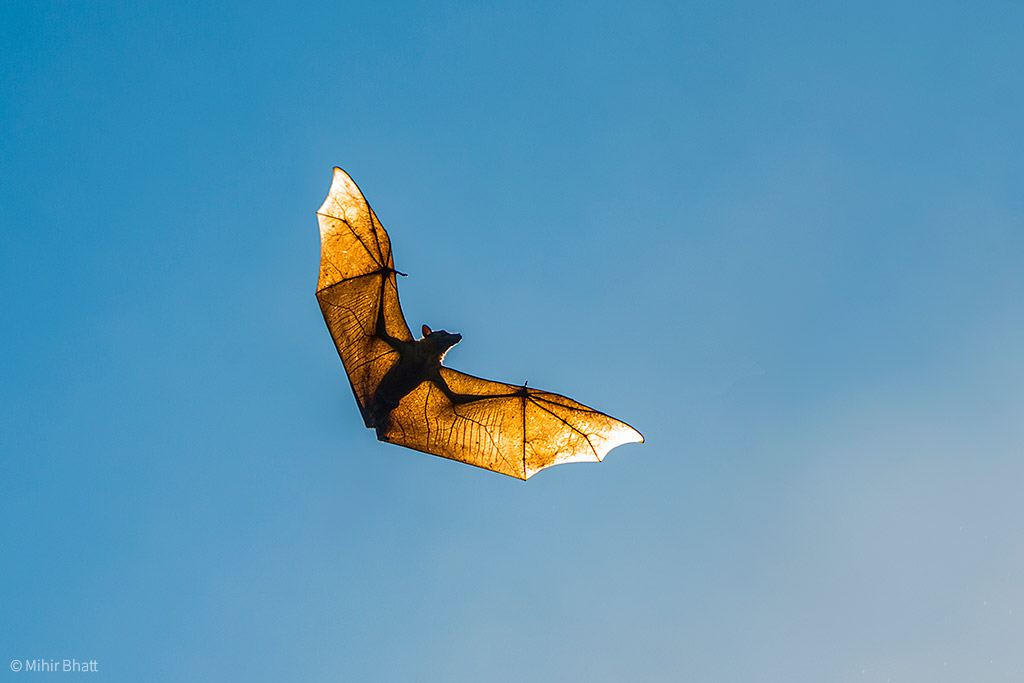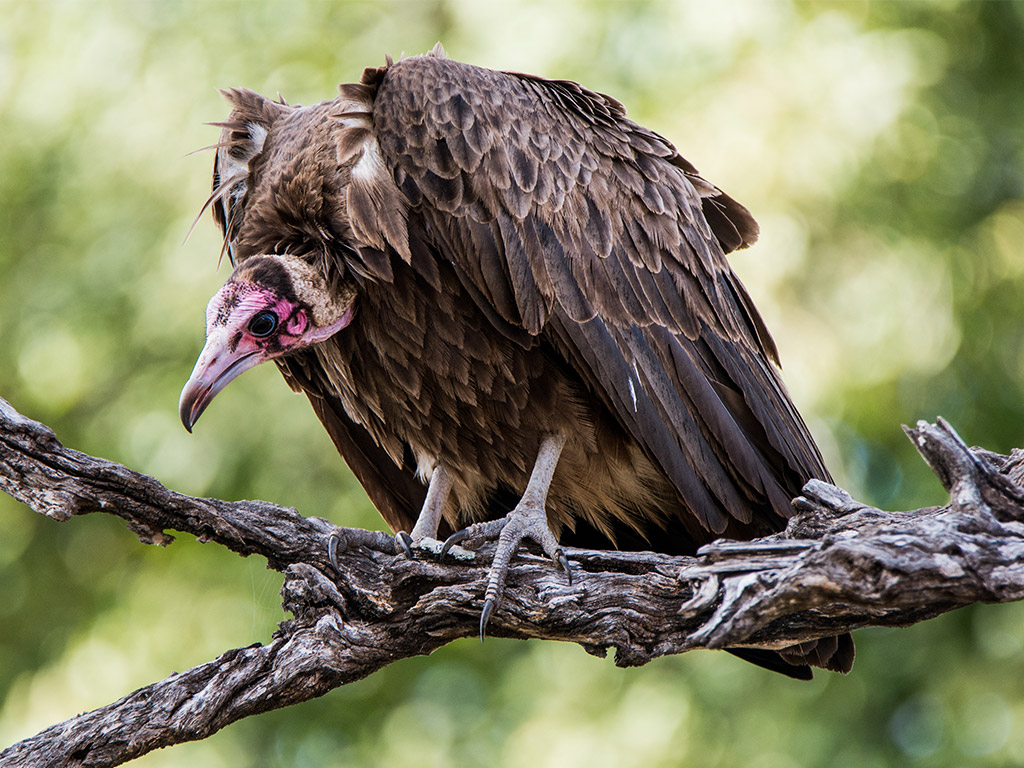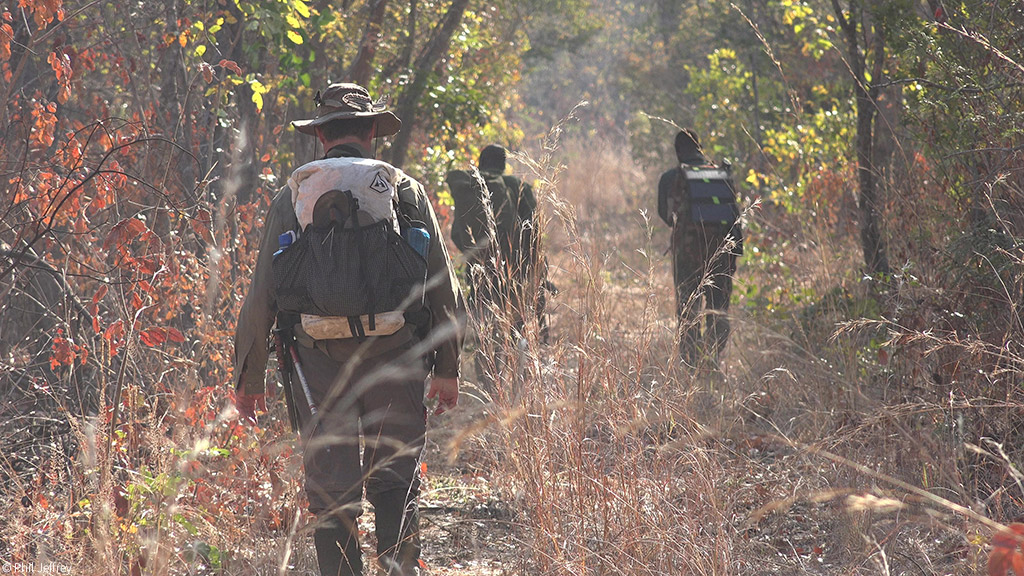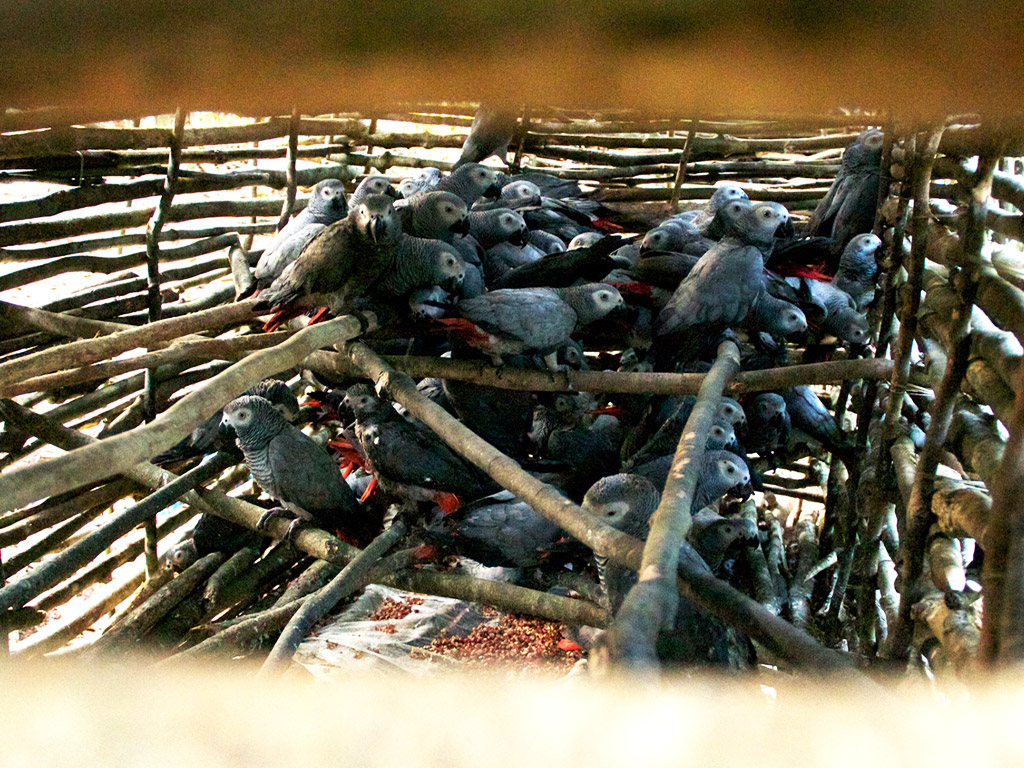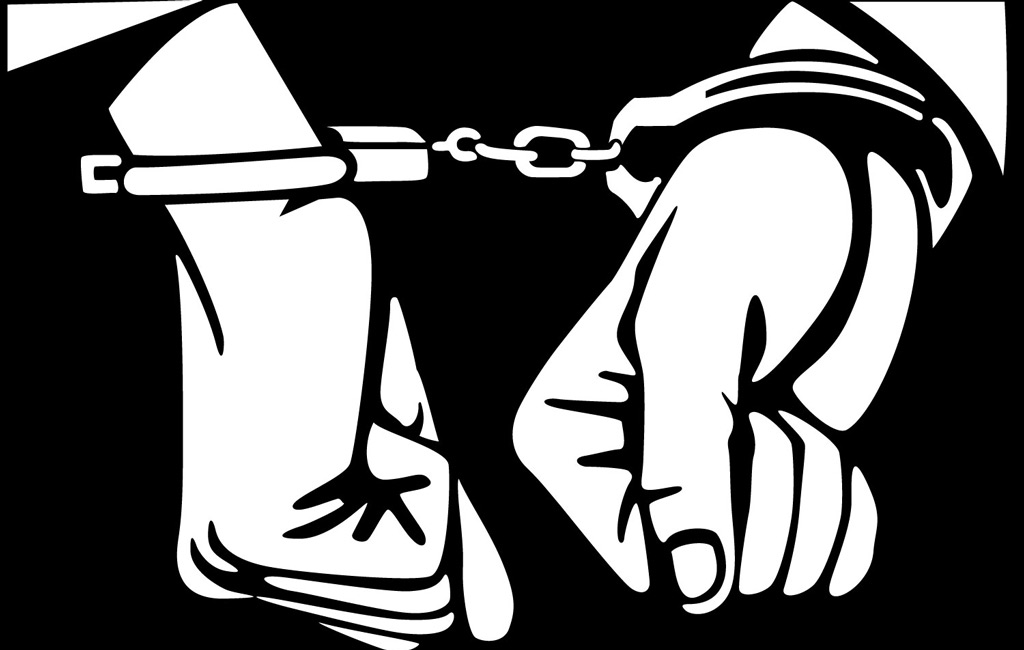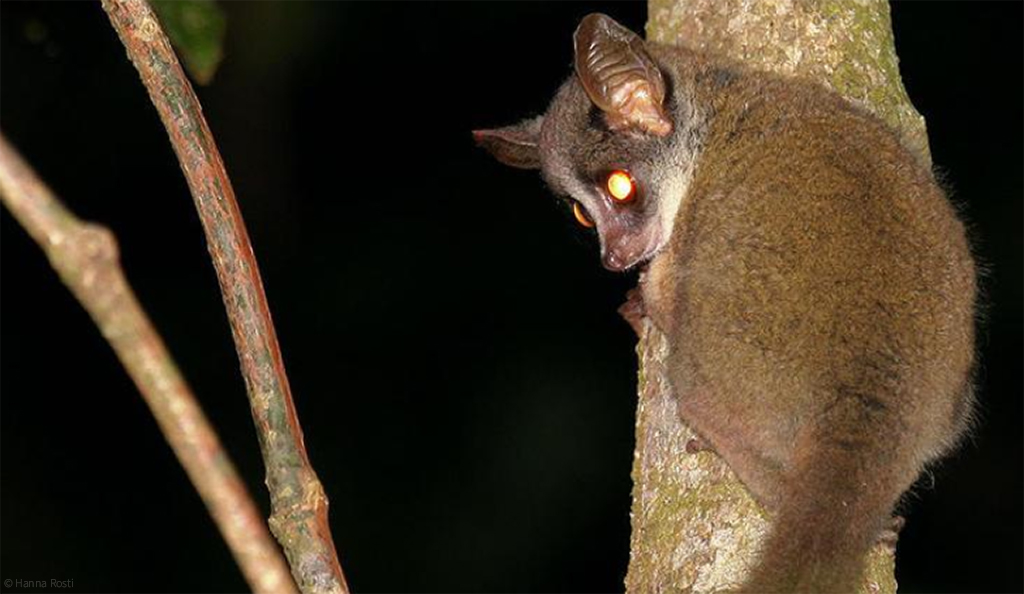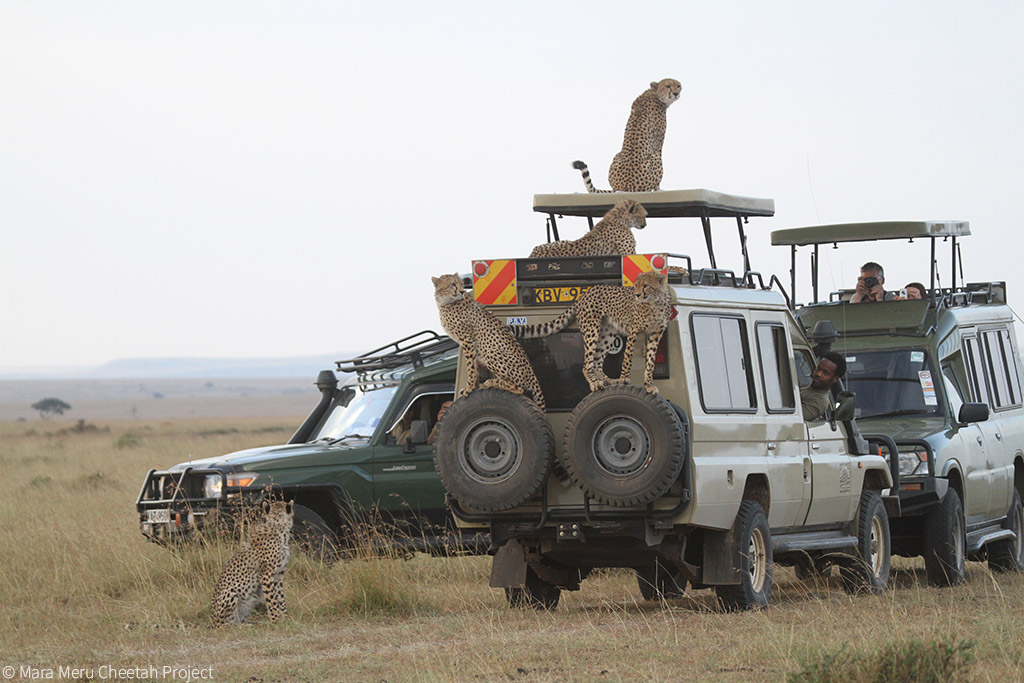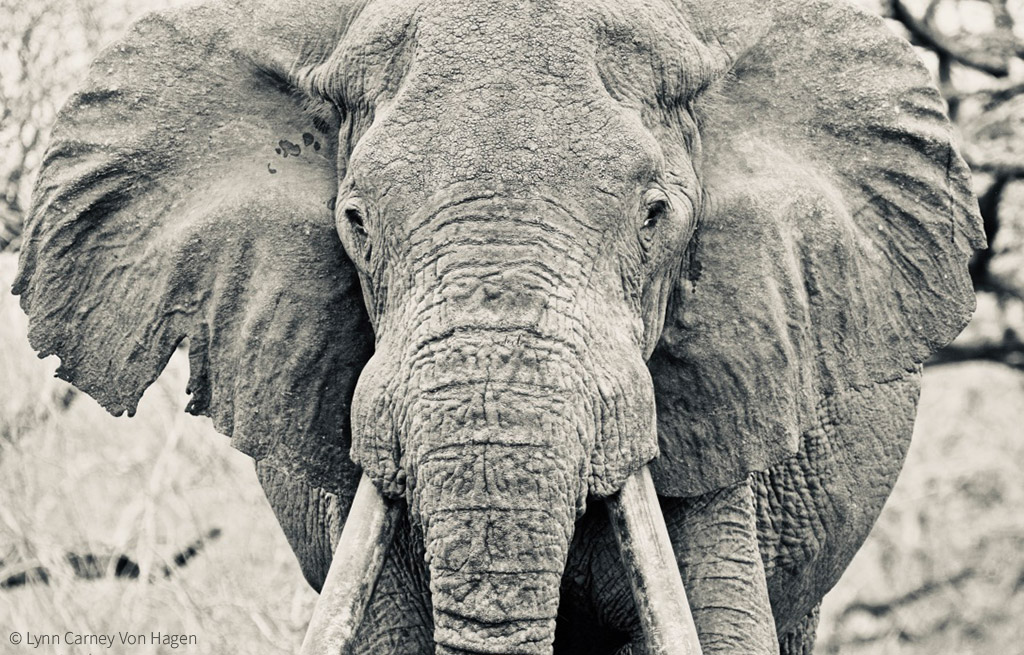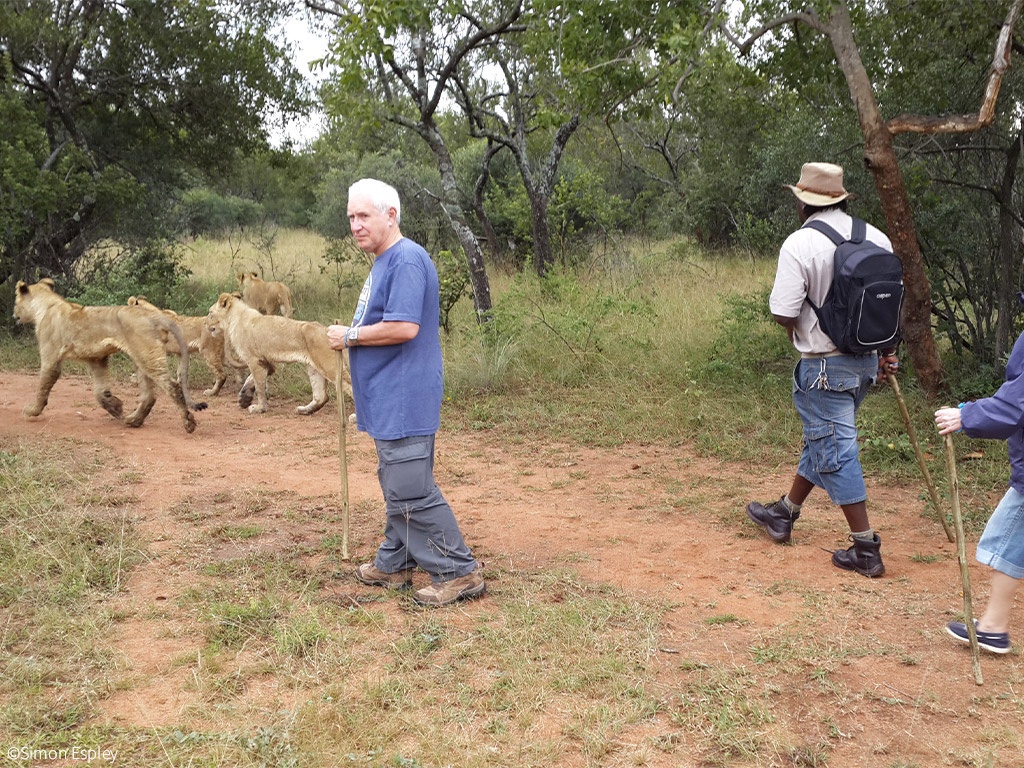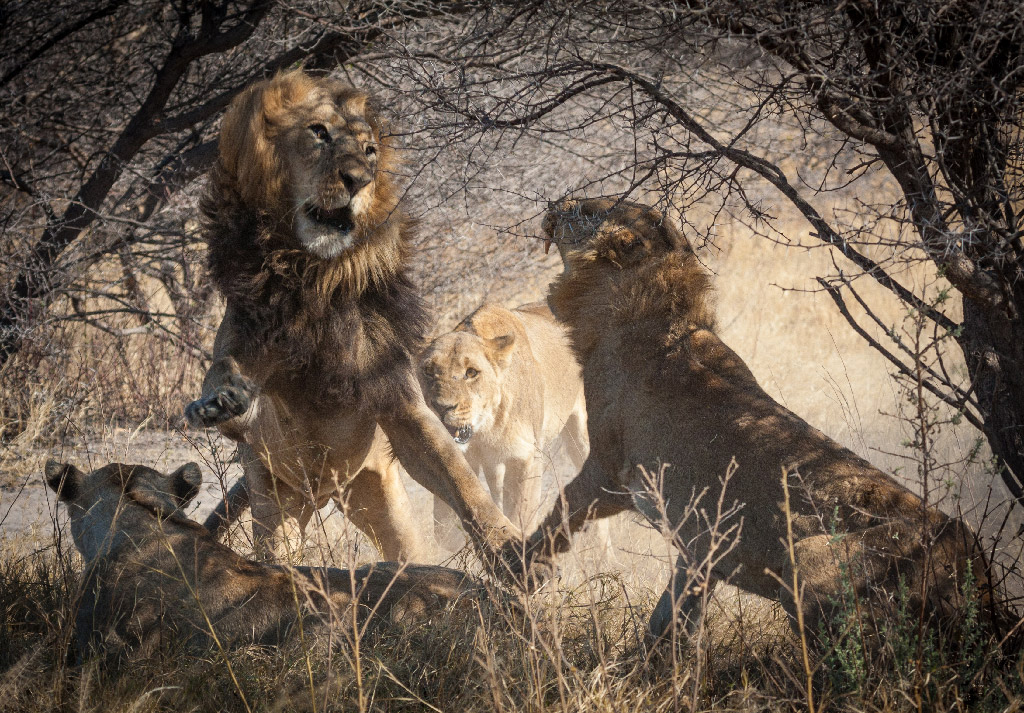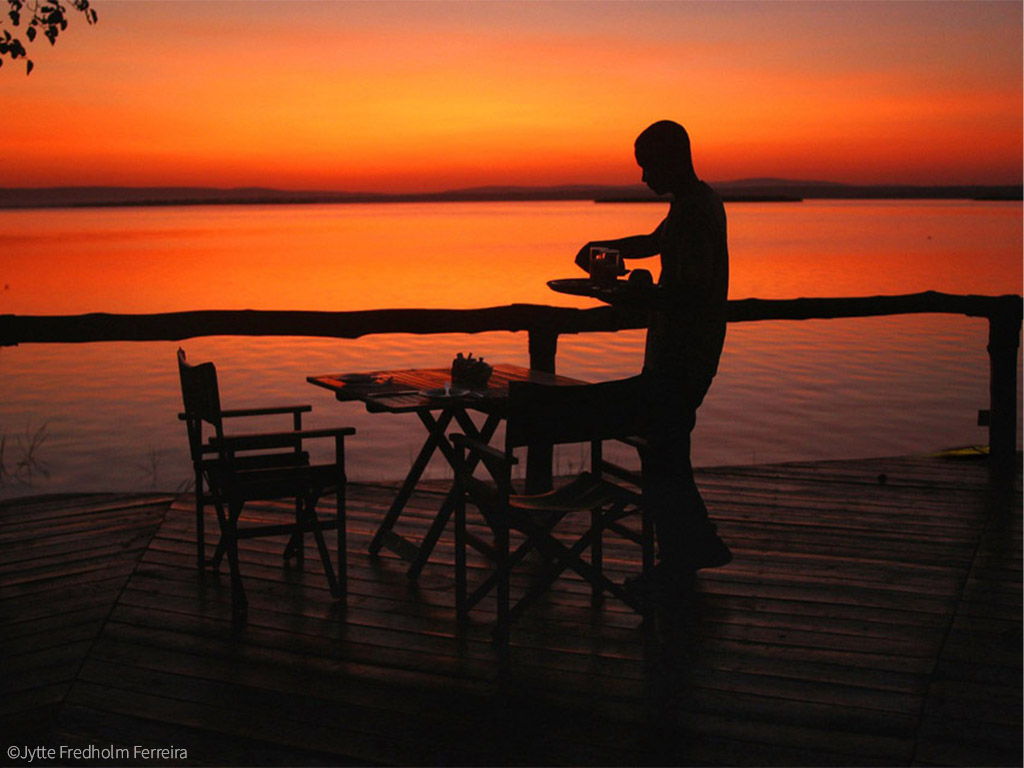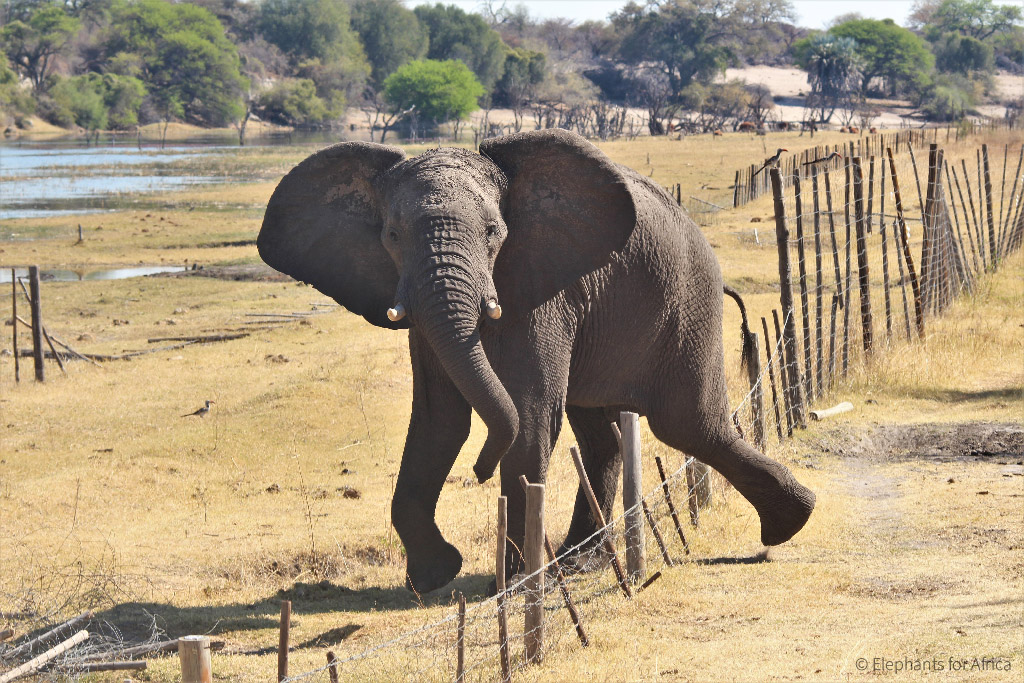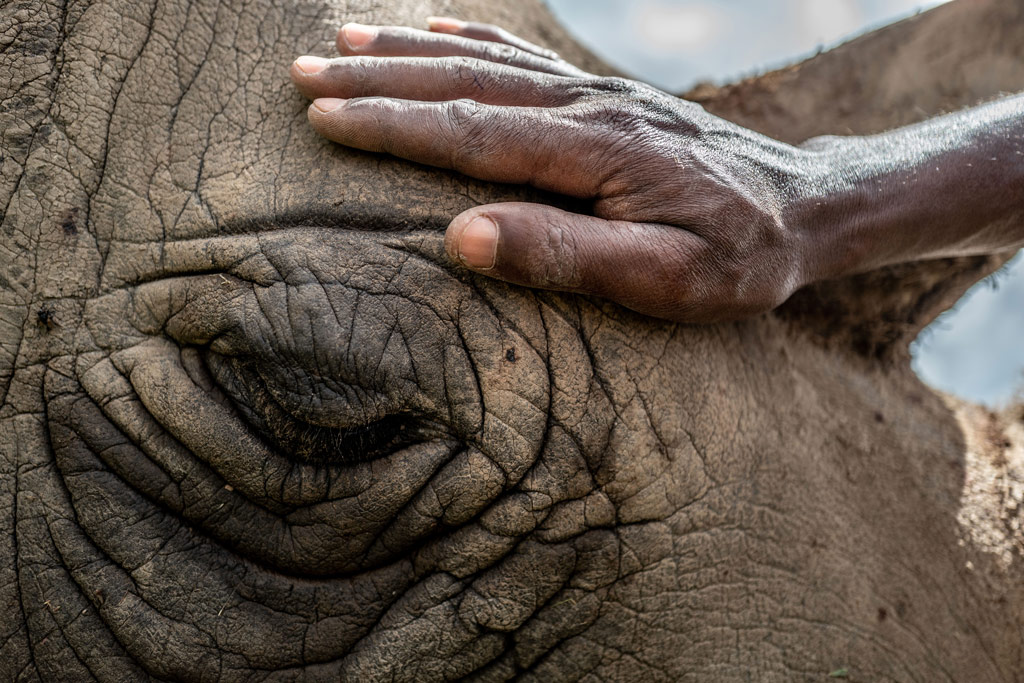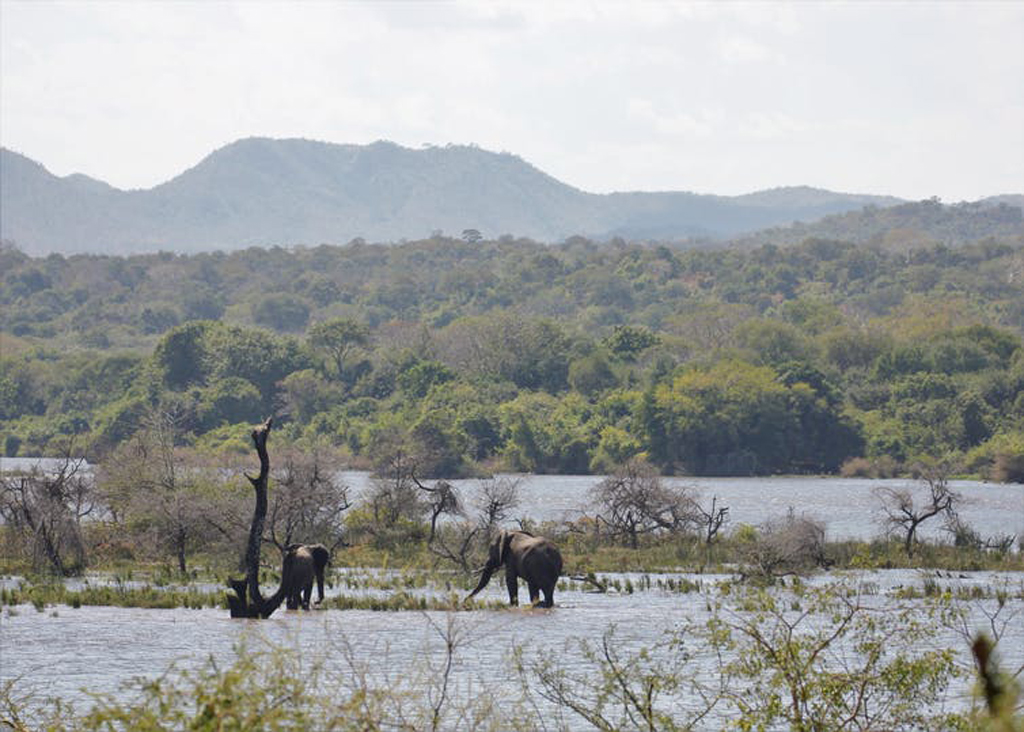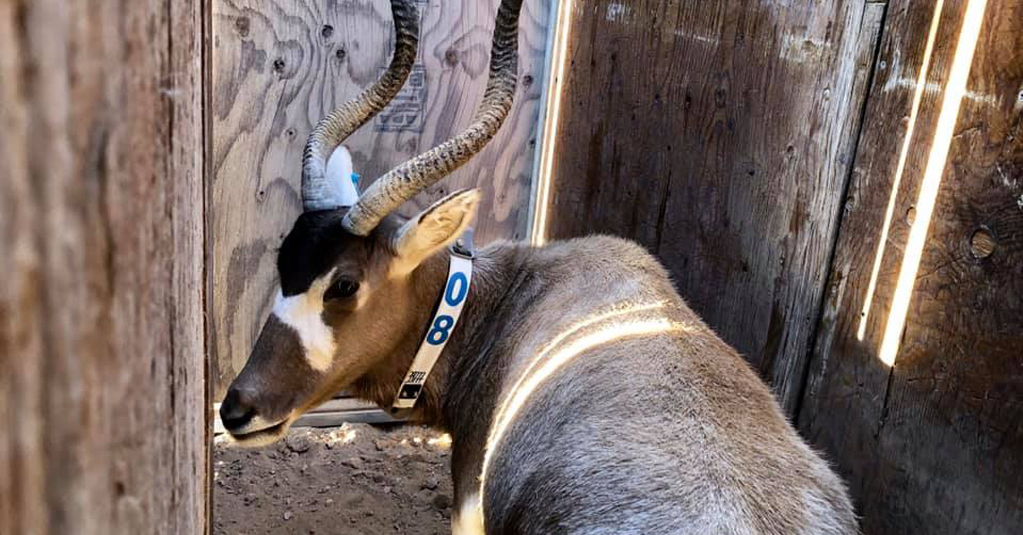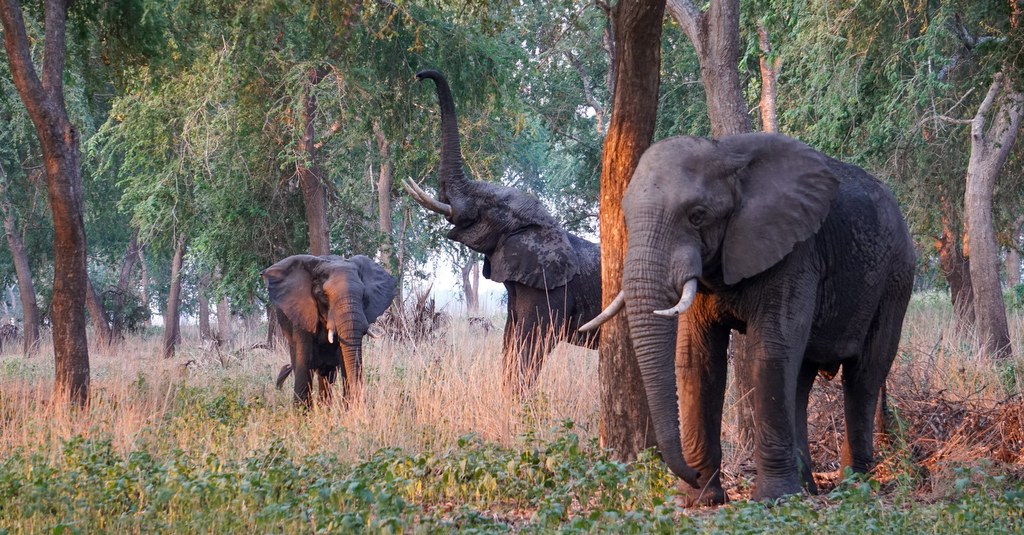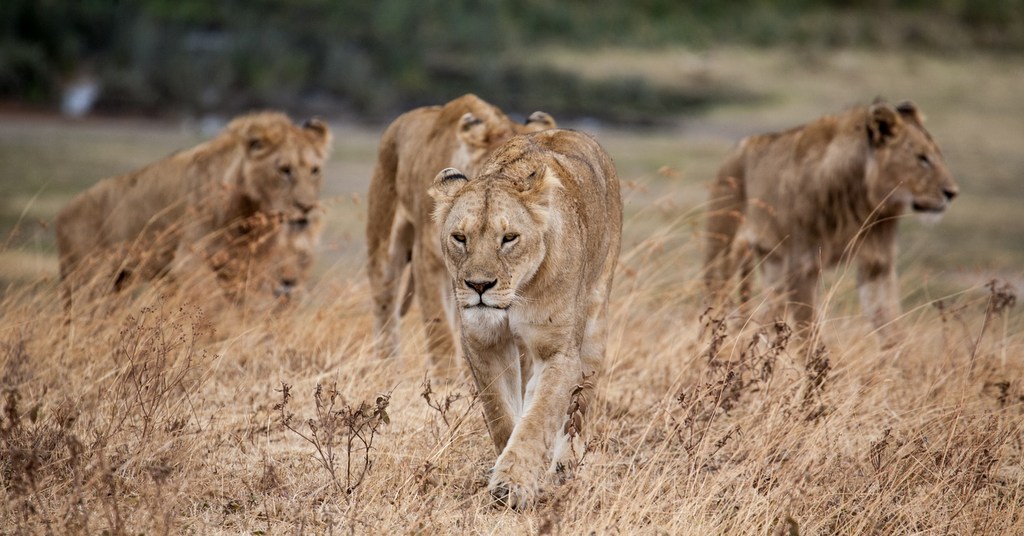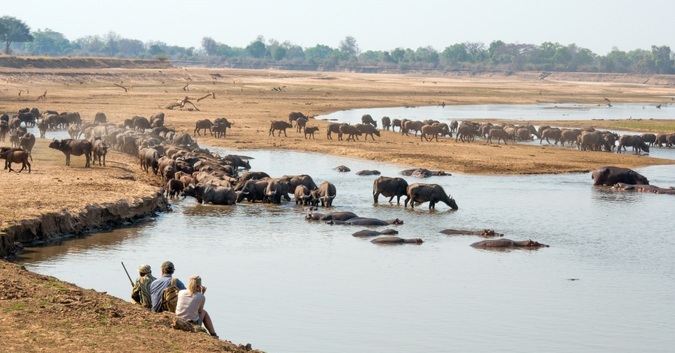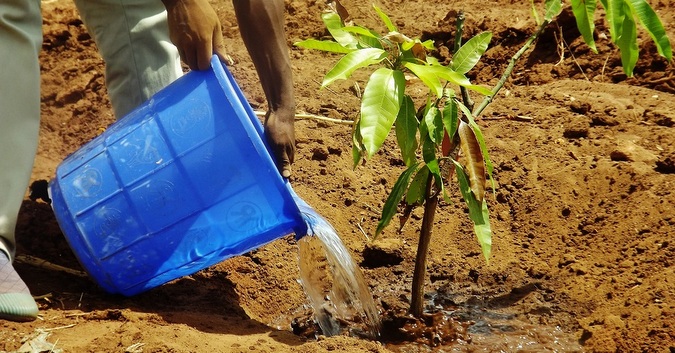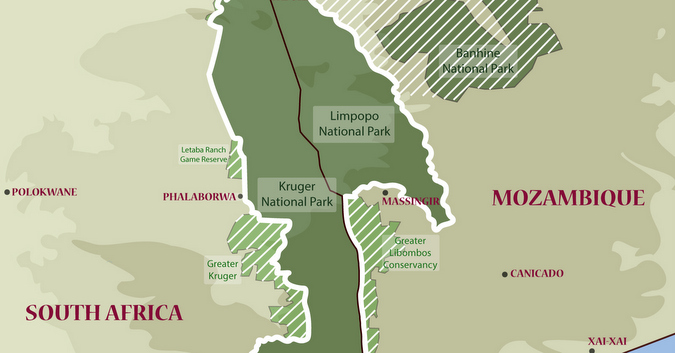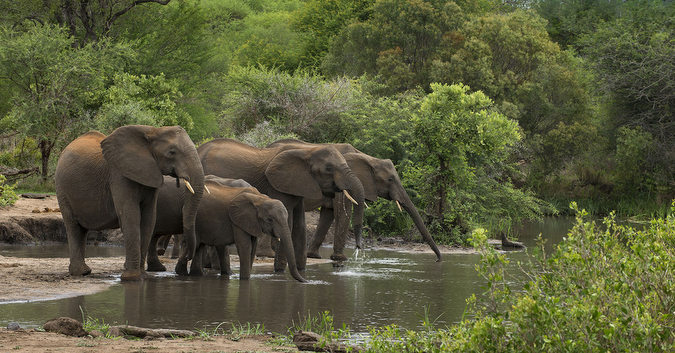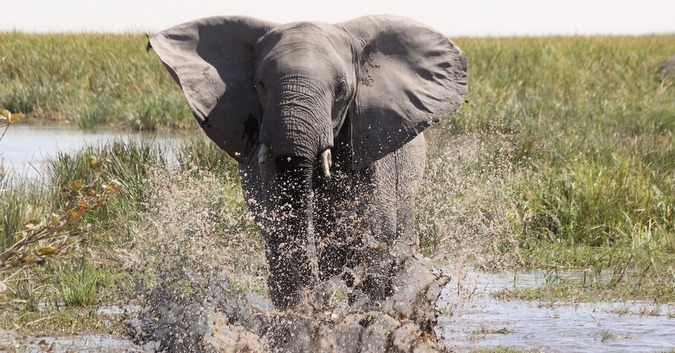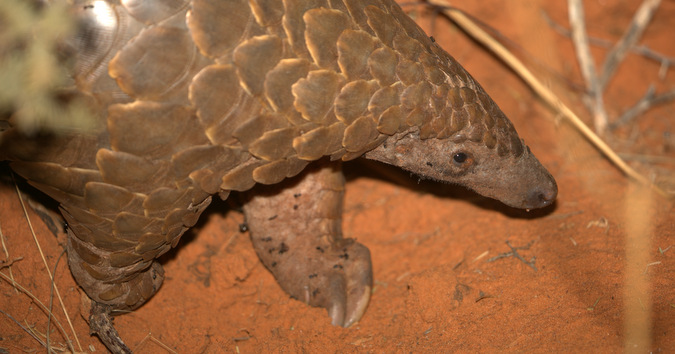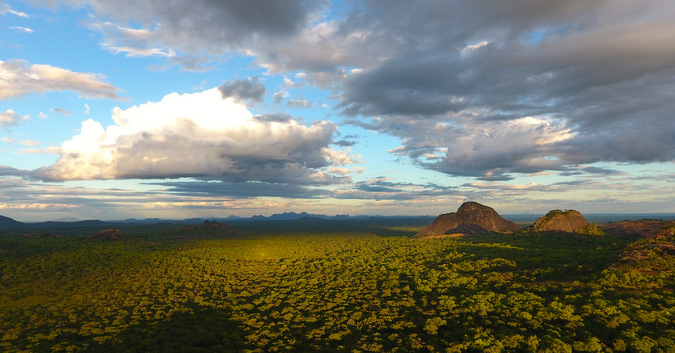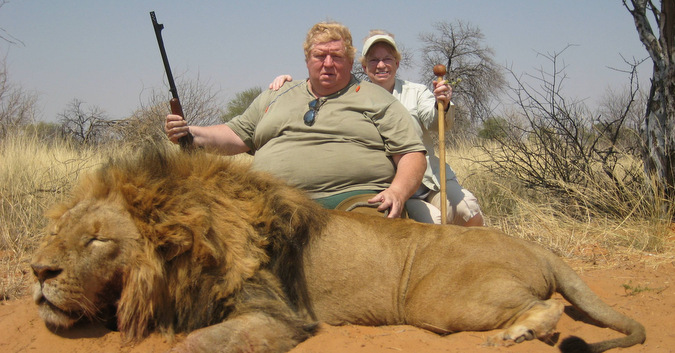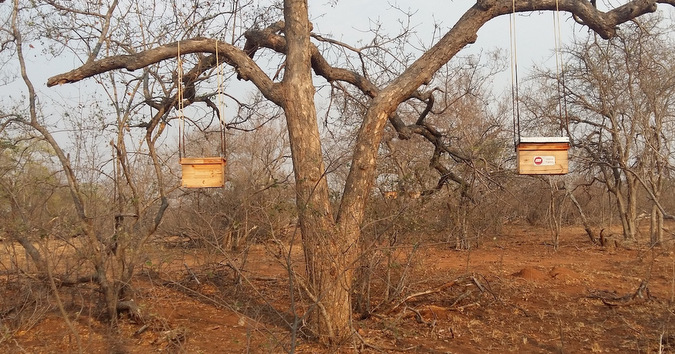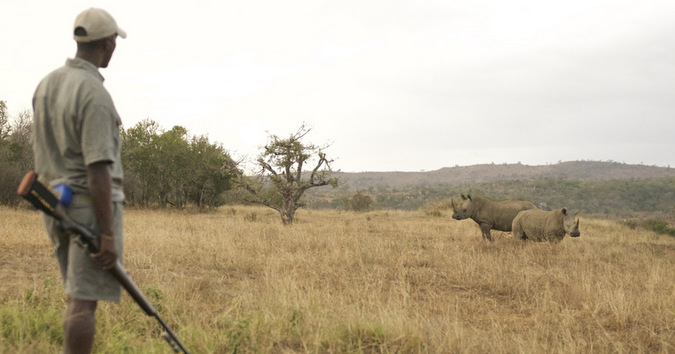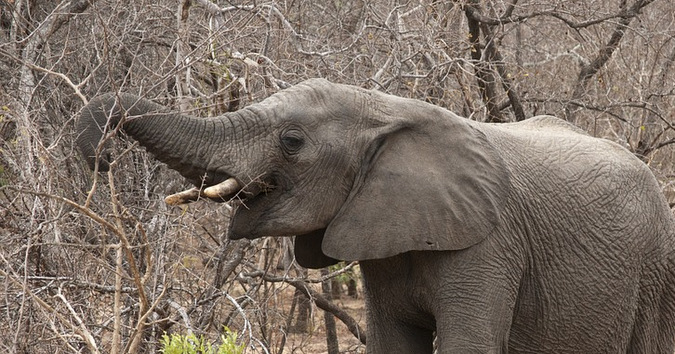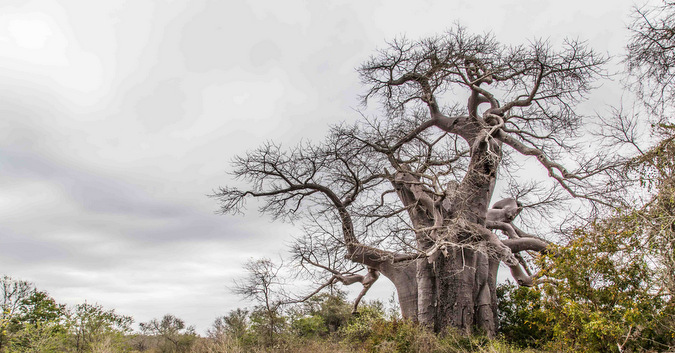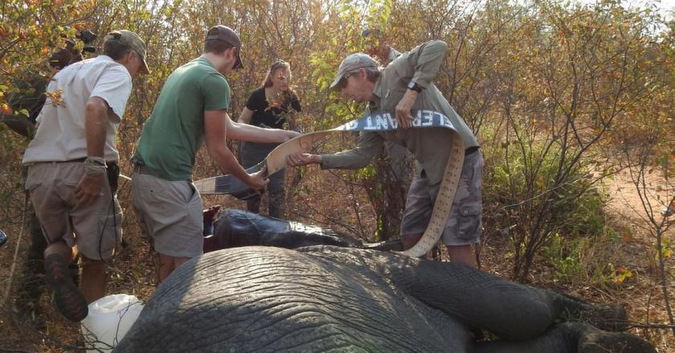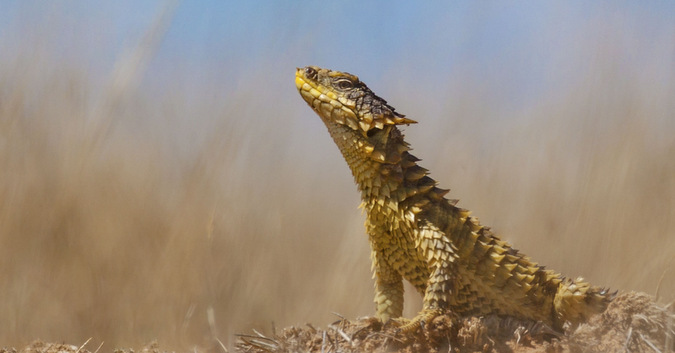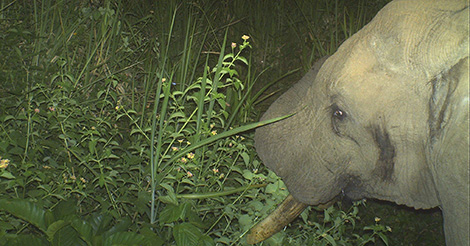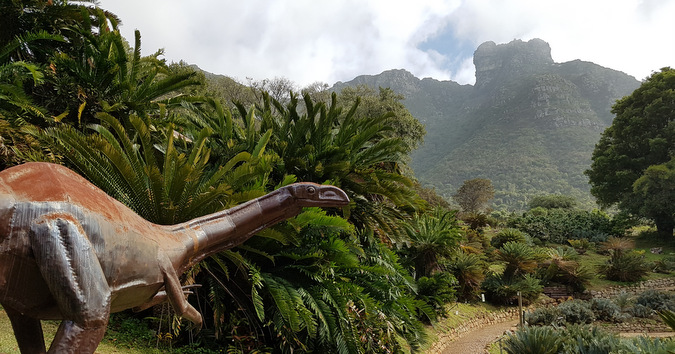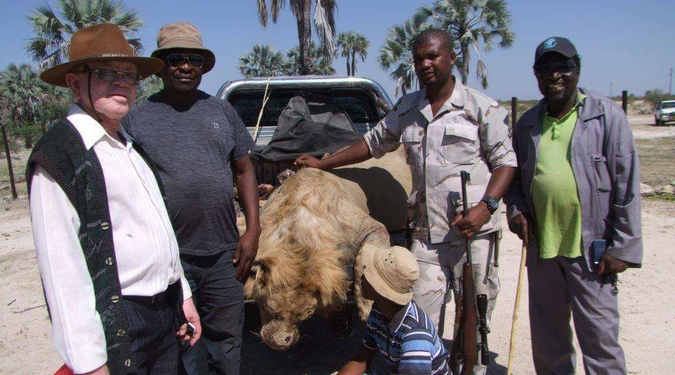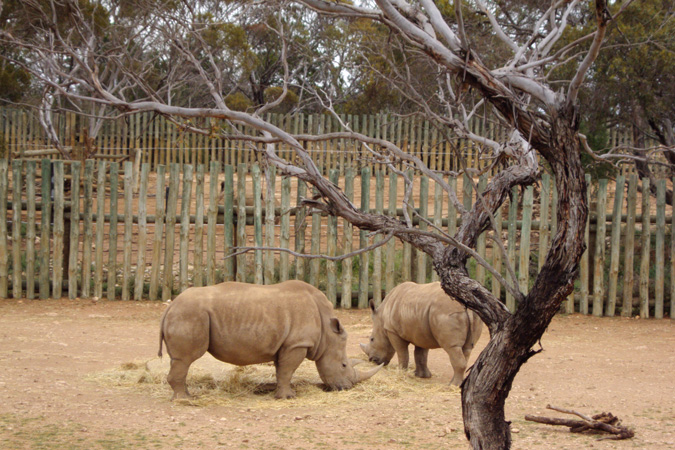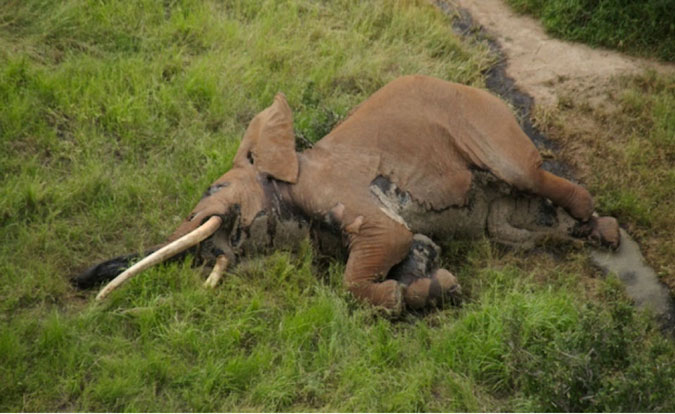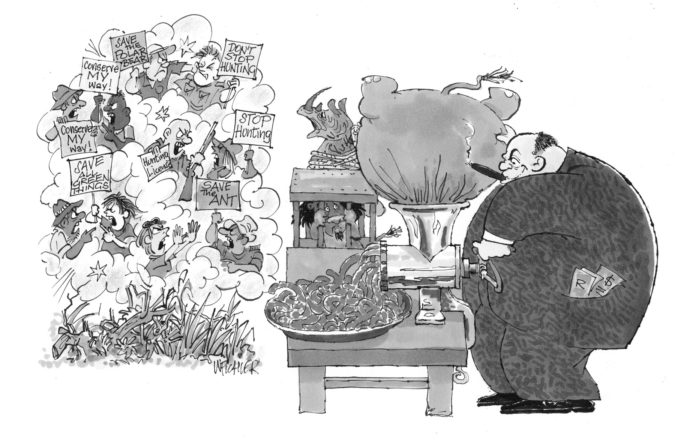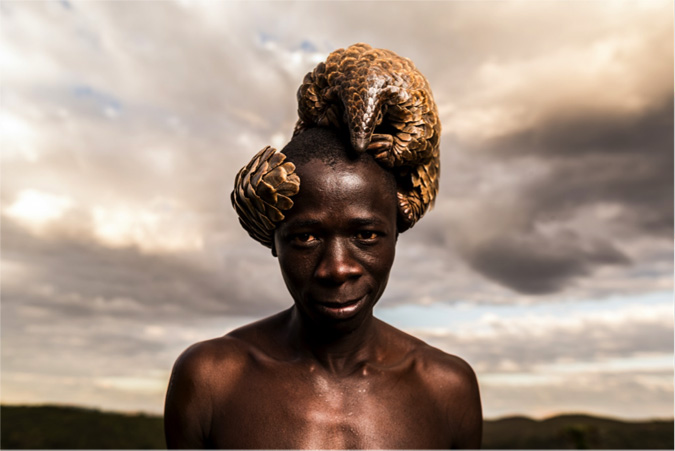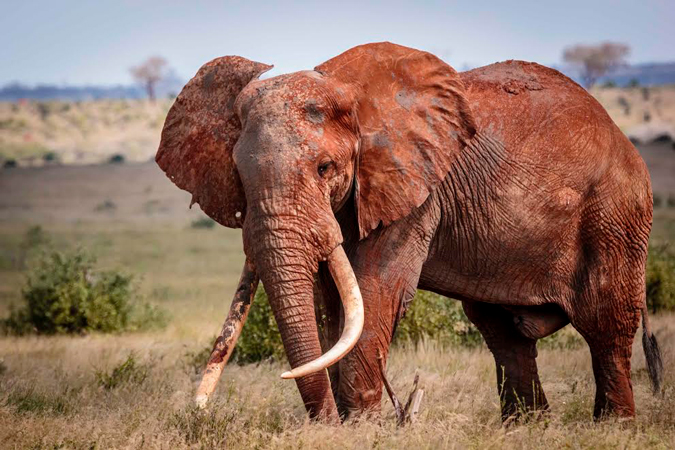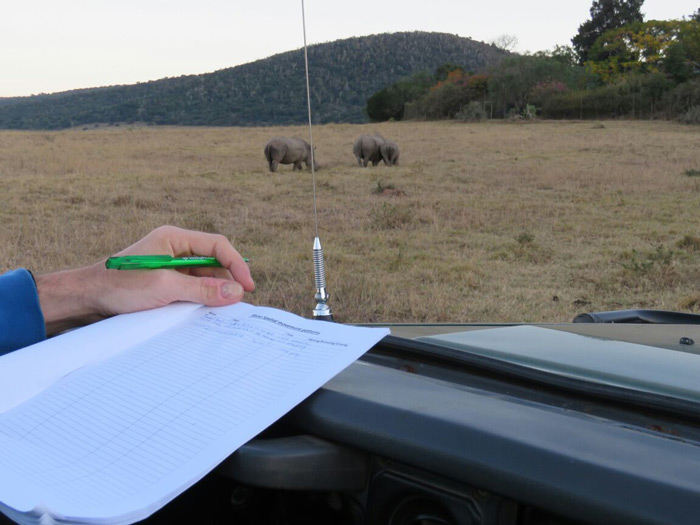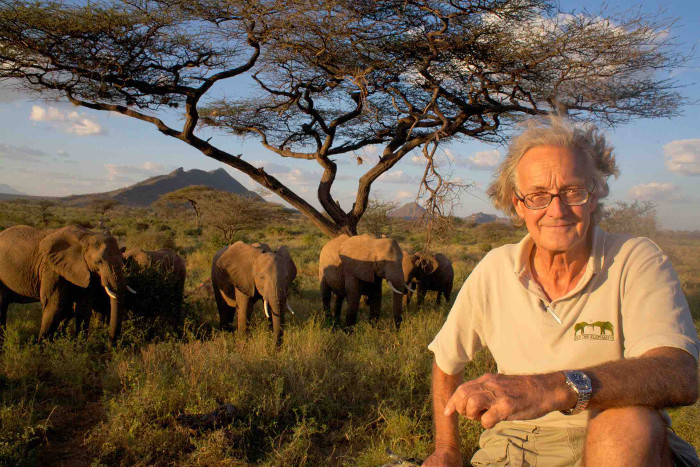Counting wild animals can be a complicated process, particularly when estimating populations in some of Africa’s massive protected wild areas
Tag Archives: conservation
Battle for the soul of conservation – compassion vs biology
An academic war of words has been waged in the field of conservation science over the seemingly innocuous term ‘compassionate conservation’
Why are rhinos important for ecosystems?
Learn about why rhinos are vital ecosystem engineers & why Africa’s wild places would never be the same again if rhinos were to disappear
The importance of bats
Bats are vital role-players for biodiversity & farm crops. It’s time for humankind to acknowledge & protect these hard-working mammals
>2,000 vultures now feared poisoned in Guinea-Bissau – largest mass mortality ever
Over 2,000 critically endangered hooded vultures have died across Guinea-Bissau of poisoning due to belief-based use.
Which African countries have the highest percentage of protected land?
We compare the proportion of each African country’s land that falls under some form of protected status – to assess their conservation ranking
Not just any walk in the park: 160 kilometres through Zambia’s Kafue National Park
Two conservationists braved lions, hyenas & pythons on a 160km walk to raise awareness about poaching in the vast Kafue National Park, Zambia
Coronavirus has finally made us recognise that illegal wildlife trade is a public health issue
The global Coronavirus COVID-19 pandemic may prove to be an important moment in the attempts to address the illegal wildlife trade.
American parrot breeder wants to import wild-caught African grey parrots for a captive breeding scheme for the pet trade
An American parrot breeder has applied to import wild-caught endangered African grey parrots into the United States of America
What exactly is CITES and how does it work?
CITES was established to regulate the international trade of animals & plants, to avoid the over-exploitation of endangered species
CITES processes are corrupt, says report
A report from TRAFFIC explains how corruption undermines the CITES-authorised trade in wildlife and offers suggestions as to how to mitigate its effects.
Newly discovered Taita Mountain dwarf galago (bushbaby) could already be on the brink of extinction
Newly-discovered species of bushbaby (galago) in Kenya’s Taita Hills is already on the verge of extinction due to habitat loss, say scientists
There’s a cheetah on the roof – when wildlife viewing crosses the line
How close is too close? Cheetahs regularly climb onto safari vehicles. Here is why this practice is unethical, dangerous and invasive.
The death of ‘Julian’, one of Africa’s last great tuskers
Another of Africa’s great tuskers has died of natural causes.
Lion cub petting & captive wildlife interactions: what tourists need to know
No to lion cub petting and elephant-back riding. Captive wildlife guidelines for tourists – an easy-to-understand list of what to look out for
Humans not always to blame for genetic diversity loss in wildlife
People are not always to blame for loss of genetic diversity in wildlife, says new study.
Akagera NP (Rwanda) tourism revenue up 25%
Conservation success story – Rwanda’s Akagera National Park’s growth continues with a 25% growth in revenue in 2019.
Wildebeest migration routes under threat – researchers
Migratory routes of wildebeest in East Africa are under threat as human populations expand, say scientists.
Trophy hunting: rural communities respond
Opinion: Rural communities are the custodians of African wildlife and deserve to have their voices heard in the trophy hunting debate.
Saving the Northern White Rhino: Third Embryo Successfully Created
International scientists and Kenyan conservation authorities have successfully created the third viable embryo of the near-extinct northern white rhino. The global initiative has taken yet another step in the long journey to pull this subspecies back from the brink.
Conservation needs diversified approaches – opinion
Scientists suggest alternative land-use models to trophy hunting – models that are more inclusive of local people.
Critically endangered addax antelope to be reintroduced in Chad
The critically endangered addax antelope is to be brought back from the edge of extinction through reintroducing captive-bred species into the wild in Chad.
A journey with purpose: Supporting conservation in Mozambique
The Journeys with Purpose expedition team head to Mozambique to support its threatened wildlife and connect with the local communities.
New report reveals the value of lions and their landscapes
The New Lion Economy is the first project of its kind to make the link between ecosystem services, economic development, cultural significance and the survival of lions.
Construction of Luangwa River hydroelectric dam halted, conservationists delighted
The Zambian government has halted plans to build the proposed Ndevu Gorge hydroelectric dam across the Luangwa River – helping to secure the benefits it provides to wildlife and people.
Addressing Malawi’s deforestation crisis
On the International Day of Forests the Lilongwe Wildlife Trust addresses Malawi’s deforestation crisis.
Big news as Kruger National Park 10-year management plan approved by Minister
South Africa’s Acting Minister of Environmental Affairs Derek Hanekom has officially approved the ground-breaking and visionary 10-year Kruger National Park Management Plan.
Opinion: Timbavati increases conservation levy to fund anti-poaching and other costs
An opinion piece that touches on finding ways to increase financial contribution to the conservation effort in the Greater Kruger.
Research: Are there too many elephants in Botswana?
Botswana’s researchers contribute to the debate surrounding large elephant populations and their impact on the environment in southern Africa.
Pangolin research in the Kalahari
Little is known about how pangolins might cope with the direct and indirect effects of a changing climate. A PhD researcher is therefore investigating the body temperature, diet, and activity patterns of free-living ground pangolins in a semi-arid environment in South Africa.
Niassa suffers forest loss, but able to support elephants and lions
A recent study states that Niassa National Reserve in Mozambique still has the potential to support tens of thousands of elephants and 1,000 lions, as the vast majority of the ecosystem is intact.
Opinion: Hunting’s threat to conservation
An opinion piece in response to Peter Flack’s recent article that offered a hunter’s perceived threats to conservation in South Africa.
Bees protect large trees from elephant impact
A study has found that hanging beehives containing African honeybees from the branches of marula trees protects these trees against elephant impact because the elephants avoid those trees.
Hluhluwe iMfolozi Park: Protecting the “birthplace of rhino”
Over the past few months, Hluhluwe iMfolozi Park (HiP) in KwaZulu-Natal – managed by conservation agency Ezemvelo KZN Wildlife – has been hard hit by a significant escalation in rhino poaching. Ezemvelo has subsequently been hard at work developing more effective anti-poaching and resource management strategies. In support of this, Peace Parks Foundation has committed an additional R10,6 million towards the implementation of advanced technology solutions in this sacred rhino protection area.
Decoding Kruger’s ‘Elephant Management Plan’
The Kruger National Park is vast, at about 2 million hectares, and requires a thorough management strategy in order to ensure long term sustainability. Part of that strategy, The Elephant Management Plan – compiled by Kruger management and Scientific Service – is currently in force, and covers the period 2013 to 2022.
Unlocking the potential of Zinave National Park
Zinave National Park in Mozambique has come alive with activity that will see the full potential of this breathtaking conservation area unlocked over the next decade.
Understanding elephant movements across international borders
A transboundary elephant connectivity study has been launched in western Zambia with the fitting of satellite tracking collars to wild elephants to investigate their cross-border movements.
Dragon-like sungazer lizard in danger
Sungazer – it sounds like a cool name for a dragon, and even though these rare lizards look like the mighty dragons from “Game of Thrones”, the fire of their soul may be burned out permanently.
Killing crop-raiding elephants won’t solve problem, say scientists
One of African conservation’s most pressing issues is ensuring that elephants and humans can coexist peacefully in the same area
Cycads need protection from poaching
Cycads are one of the most endangered species on this planet, it’s time we educate ourselves on how to save them from extinction.
Why Namibia’s desert-adapted lions are being killed
Namibia’s desert-adapted lions in the Tomakas region of Namibia are being killed off in a sad whirlpool of human politics, with the recent killing of the last of the famous ‘5 Musketeers’ being one such example.
Watch: Cape leopards caught on camera
The Cape Leopard Trust has caught many wondering Cape leopards in their camera traps across the remote Cape mountains and farmlands
Rhinos to Australia: is this conservation?
There are plans afoot to move rhinos from Africa to Australia as an ‘insurance policy’ and for ‘safekeeping’ in large grass paddocks amongst the gum trees. Is this a valid conservation project (as claimed) or a misdirection of energy and resources by a well-meaning Western society intent on privatising African conservation into their own backyard?
Satao 2 poached in Tsavo – 6 super tuskers left
SATAO 2 is dead, and another of the last super tuskers left in Africa has been poached, leaving only 6 of these giants in the Tsavo Conservation Area in southern Kenya.
Why conservation is failing
There is a war going on in African conservation, and the other side is winning hands down – why is that? Op-ed by Simon Espley
A closer look at pangolins and the pangolin men
Imagine the possibility of walking with pangolins. Adrian Steirn’s recent photographic series The Pangolin Men captures a unique and exceptional scenario of beasts and men.
The Askari Project: a Tsavo tusker conservation initiative
As part of their fundraising initiatives to help protect the giant (tusker) elephants of Tsavo, The Askari Project offers two adventure tours
I can’t afford to volunteer in my own country
The problem with volunteering: By volunteering at conservation projects you may be robbing local conservationists of jobs
Meet 3 elephant angels
Three of the world’s leading African elephant conservationists offer hope and inspiration for saving elephants from extinction.
Bushmeat hunting alarmingly high in South Africa
A recent study shows levels of bushmeat hunting in KwaZulu-Natal, South Africa are alarmingly high.

